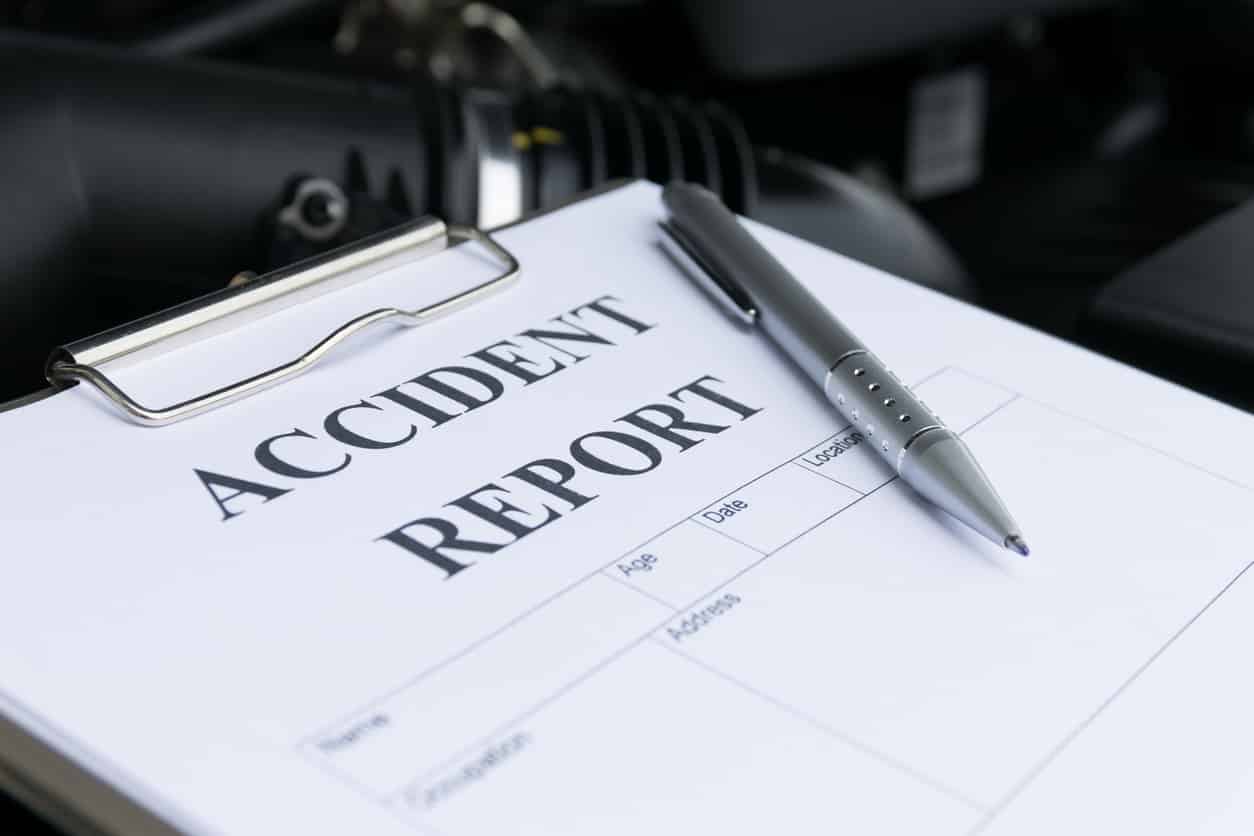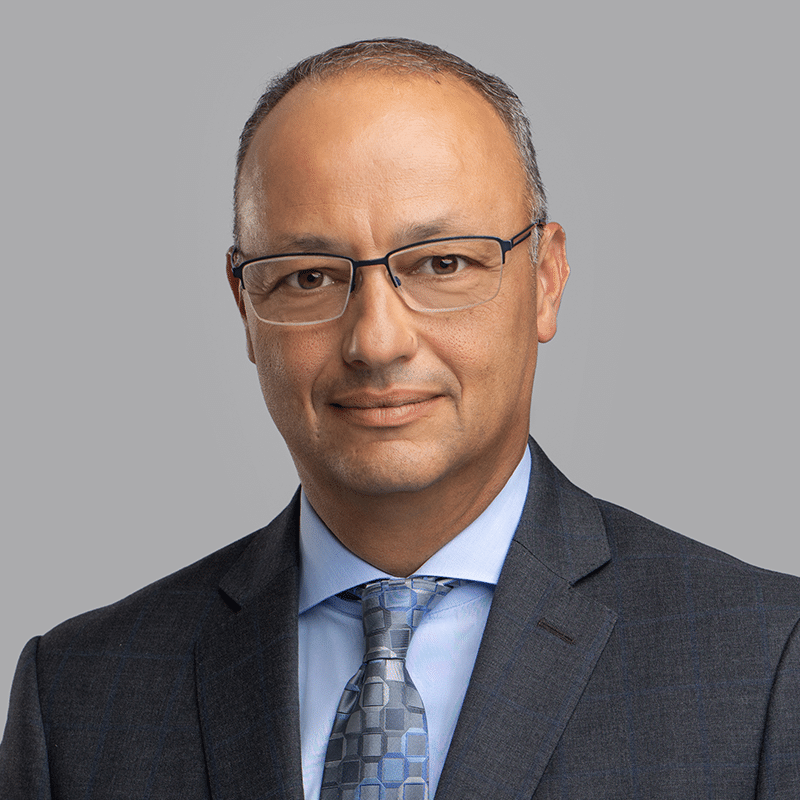
In the blink of an eye, your life can change forever. Car accidents can happen so quickly that in the immediate aftermath, your mind may be racing as you attempt to process what just happened and what happens next. As difficult as it can be, especially if there are injuries, it’s important to stay calm after a car accident so you can get the treatment you or anyone else needs.
In this blog post, I’ll take you through the proper steps of what to do, and who to talk to, following a car accident.
Preparation: In Case of Emergency
No one wants to think that they or a loved one will be involved in a car accident. But in Ontario, over 60,000 people sustain personal injuries from car accidents each year. Sadly, some accidents are fatal.
Knowing there is a small but real chance that you may be involved in a collision, it’s always a good idea to be prepared. Take the time to ensure you have an emergency first aid kit in your vehicle. Items you should also consider having with you include:
- a towel and thermal blanket
- bottled water and non-perishable food
- a basic tool kit, including a flashlight, batteries and work gloves
- a fire extinguisher, road flares, and warning triangles
- a disposable camera
In addition to these supplies, print out a car accident worksheet that will remind you of the information you need to collect following an incident.
When a Car Accident Happens
Whether an accident is minor or major, it’s important to remember that you may still be in shock after it occurs. Do your best to remain calm and focus on these tasks step by step:
First, any accident that results in an injury or damages estimated to be more than $2,000 must be reported to the police. Call 911 and alert the dispatcher of the extent of the damage and whether anyone has sustained injuries that require immediate medical treatment. If you’re in shock you may not feel the extent of an injury, so it’s always better to exercise caution and be seen by medical professionals as soon as you’re able.
If another car, cyclist or pedestrian was involved in the accident, inquire to see if they are okay or require medical assistance. Avoid moving an injured person as you may aggravate an injury. Instead, used towels or blankets to cover them and wait for paramedics to arrive.
Although as Canadians we have a habit of apologizing, and you may feel as though you want to offer financial assistance if you think you are at fault, in the immediate aftermath of an accident it’s extremely important to be measured with your words; they may be used at a later date in court proceedings to undermine a rightful claim to damages.
Similarly, if another party appears to be at fault, try not to express anger. Emotions may be running high and nerves are likely frayed on all sides, so just concentrate on the matter at hand. Do not accept any immediate offer of financial assistant from another party. You may be agreeing to much less compensation than you deserve.
Recording Information After a Car Accident in Ontario
Once the authorities have been alerted, take photographs of the car accident scene if possible, including the people involved, the vehicles, and other important details. If it is safe to move your vehicles off the roadway, you may need to clear the road before police arrive. If you have a cellphone that can take photographs, you might also consider using it to record audio and video of you, the other persons involved in the accident, or witnesses describing what happened.
Record the names, phone numbers, licence plates and insurance details of all persons involved in the accident, and also record the names and phone numbers of any eye witnesses who may soon leave the scene. Keep these conversations short and factual. Do not argue about what happened. Simply record your own description of events or anything else that another person says related the events.
A police officer will record details of the car accident. Carefully review the details of their report before signing it – this should be the only document you sign immediately following an accident. The officer should provide a card with her name, badge number and contact information so that you can follow up on this report. If she doesn’t, be sure to ask for it, along with the details of the towing company that removes any vehicle that is not drivable.
Insurance, Medical Treatment, Claims Against An At-Fault Driver
If you need to seek any immediate medical treatment, be sure to collect all receipts for any out of pocket expenses that you or a family member incur. You should also alert your family doctor, employer or school to the accident as soon as possible.
It’s important to contact your insurance provider as quickly as possible – no later than 7 days – after a car accident in order to start the accident benefits claim process. You will receive an application for benefits that must be filed within 30 days of receipt for you to receive compensation.
Although everyone involved in a car accident is eligible to receive standard accident benefits, regardless of whether they were at fault, if you sustained a serious and permanent injury due to the negligence of another driver, you or an immediate family members affected by your injury, may be able to sue the at-fault driver to claim compensation for:
- pain and suffering
- income loss
- medical and rehabilitation treatment
- attendant care services
- housekeeping service
A family member can sue for:
- loss of their care
- loss of guidance
- loss of companionship
Unlike the timeline for statutory benefits, suits against at-fault drivers must usually be commenced within two years of an accident.
Conclusion
Being involved in a car accident can bring about a lot of stress, confusion, and despair. In the immediate aftermath of such an accident, do your very best to remain as calm as possible while working through the steps of recording, reporting and responding to an accident. The process, particularly dealing with insurance providers and following up with at-fault drivers can be complicated and trying for victims of car accidents who are managing their own recovery. Remember to ask for help during this process and to consult qualified medical and legal professionals if you have questions or concerns about your health or how to obtain the compensation you are due.
For more information, please feel free to contact HSH Managing Partner and car accident lawyer David J. Levy at davidlevy@hshlawyers.com or 416-361-0117.







